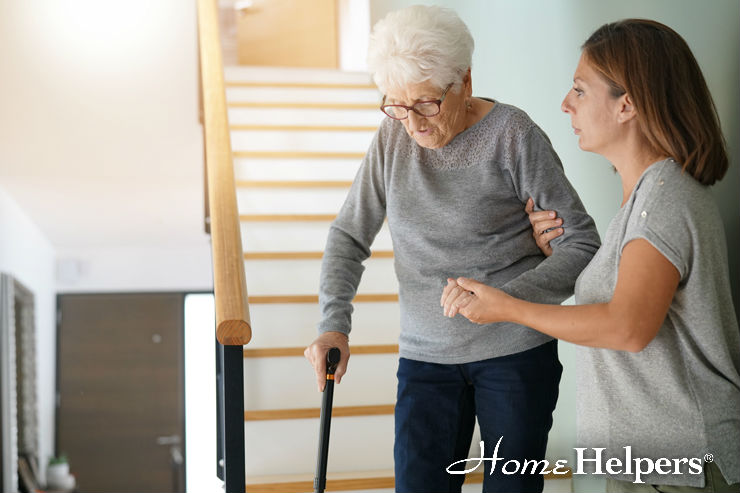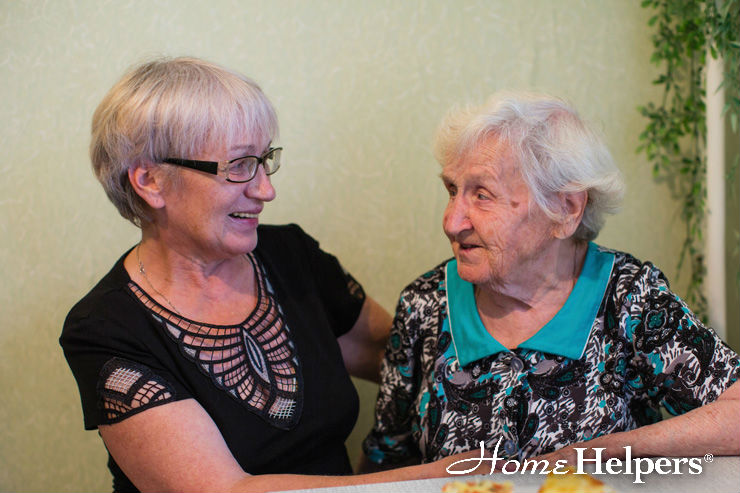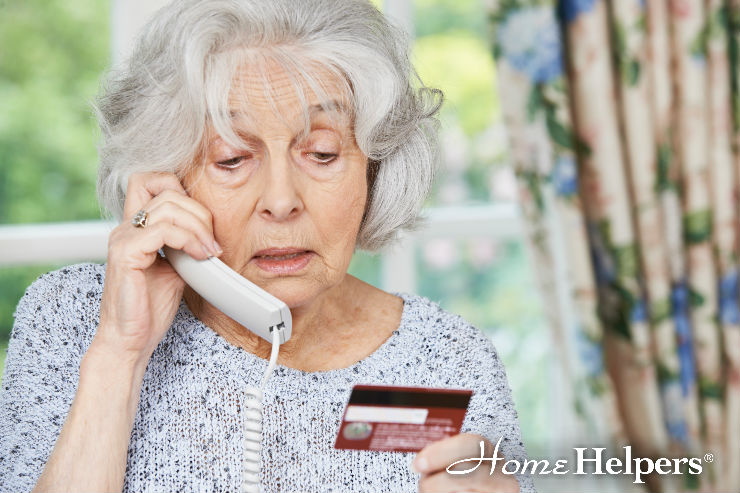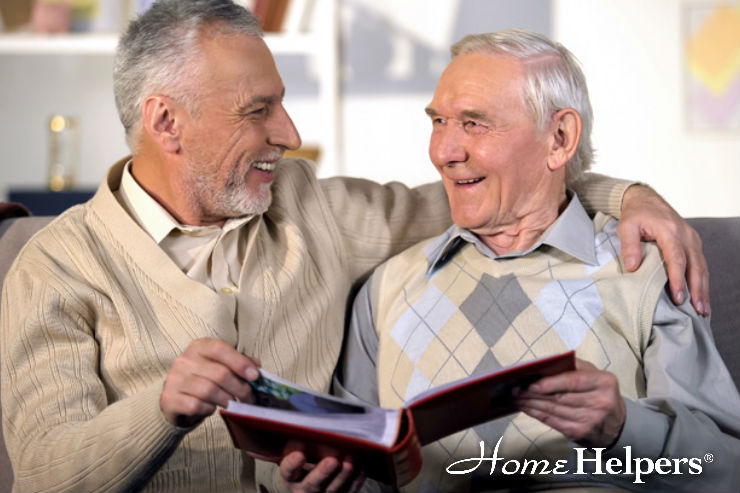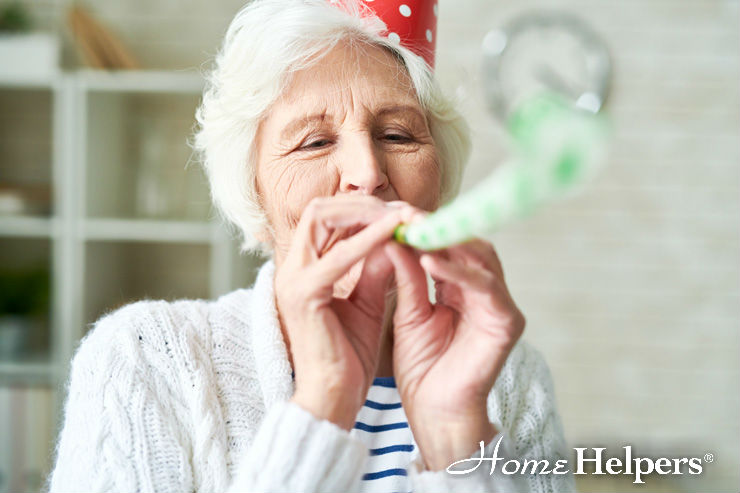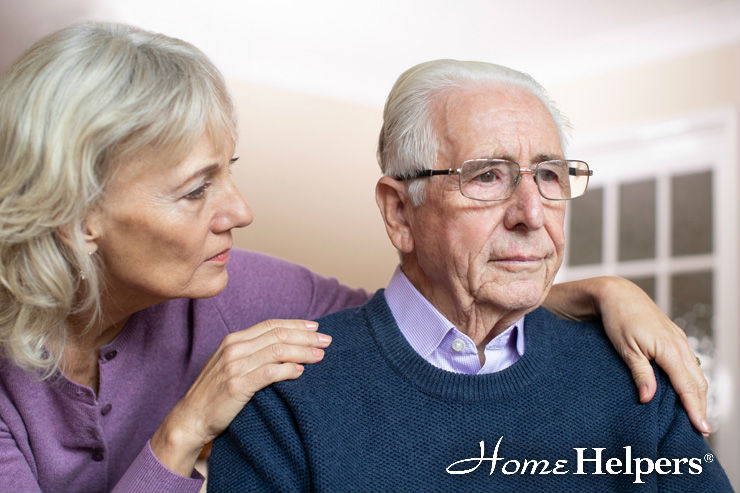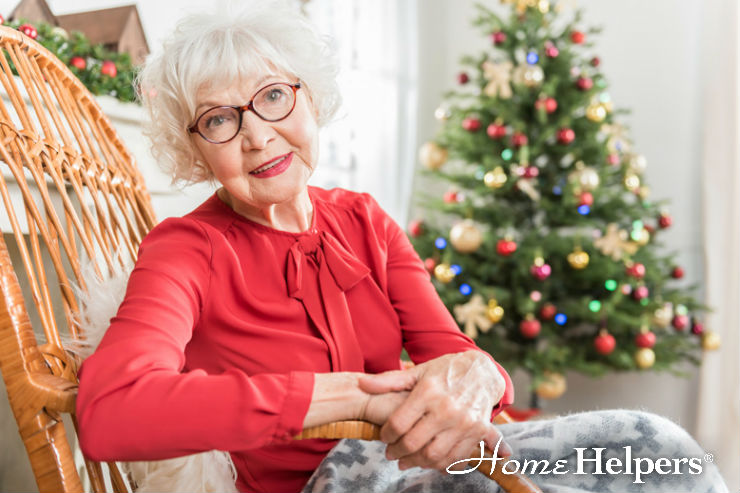Are you one of the millions of Americans who think that tumbles and falls are just par for the course in older adults? The truth is, falling can be devastating for seniors and should be prevented at all costs. It’s not normal to fall and no matter how old you are, there are things you can do to prevent it.
Here are 10 myths and realities about falls:
Myth 1: Falling will never happen to me.
Reality: The truth is that 1 out of 4 older adults fall every year in the U.S. The results can be catastrophic, and the risk should not be underestimated.
Myth 2: Falling is just a normal part of aging.
Reality: Falling should never be considered normal, no matter how old you are. Preventing falls as you age can be easier than you think, and it starts with exercises to increase balance, having your vision checked, and making sure you follow directions carefully with medications.
Myth 3: I won’t fall if I just stay more sedentary.
Reality: The opposite is actually true! Falls will not be prevented by limiting activity. The more active you are, the better the condition you will be in, and this improves balance!
Myth 4: If I stay home more, a fall won’t happen to me.
Reality: Did you know that more than half of all falls happen at home? Your home can be more dangerous than you realize, so you should remove fall hazards such as throw rugs, poor lighting, and make sure that grab bars are installed in areas like the bathroom.
Myth 5: Muscle strength can’t be restored once it’s lost.
Reality: Even if you’ve never exercised much, it’s never too late to start! Becoming more active has a huge effect on the risk of falling, and it keeps you healthy in other areas as well. Muscle loss can be restored through even moderate exercise.
Myth 6: Taking medication won’t affect my fall risk.
Reality: Medications can definitely increase the risk of falls, and you should know the possible side-effects. If they make you dizzy or sleepy, you need to use a lot of caution. Always talk to your doctor about fall risks from your medications.
Myth 7: I don’t need annual eye exams.
Reality: The truth is that poor vision is a huge risk for falls. Vision changes and even some vision loss happens with age and you should have your vision checked every year even if you feel it’s fine.
Myth 8: Using a walker or cane will keep me from falling.
Reality: The trick to walking aids is to use them safely. Otherwise, they can become a risk in and of themselves. Ask your doctor about being properly fitted for a cane or walker to make sure it is the right size and height for you.
Myth 9: If I talk to my family and medical team about my risk of falling, they will become alarmed and limit my independence.
Reality: It is a team effort to prevent falling! Remember, the goal is to keep you safe and you will need help to do that. Don’t be afraid to talk about falls with your loved ones so they can help you maintain your independence as long as possible!
Myth 10: It’s none of my business if I have concerns about an older loved one’s risk of falling.
Reality: You should always talk to a spouse or trusted family member about your concerns. At the very least, you can help them remove hazards such as rugs, etc. The goal is to keep their independence in place, not the other way around. Assure your older loved one that you are only there to help!
For more information on the risk of falling and how to prevent it, contact us today!
Home Helpers of San Rafael is a locally-owned, trusted home health care agency and offers quality, compassionate senior in-home care services including home care assistance, personal care, companion care, respite care, 24-hour live-in care, Alzheimer’s & dementia care, Parkinson’s care as well as homemaker services in San Rafael, Novato, Mill Valley, San Anselmo, Larkspur, Tiburon, Corte Madera, Sausalito, Belvedere, Ross, and Greenbrae, California.
Legal Disclaimer
This blog provides general information and discussions about medicine, health, and related subjects. The words and other content provided in this blog, and in any linked materials, are not intended and should not be construed as medical advice. If the reader or any other person has a medical concern, he or she should consult with an appropriately-licensed physician or other healthcare workers.
Never disregard professional medical advice or delay in seeking it because of something you have read on this blog or in any linked materials. If you think you may have a medical emergency, call your doctor or 911 immediately.
The views expressed on this blog and website have no relation to those of any academic, hospital, practice or other institution with which may have been mentioned or linked to in the article.

